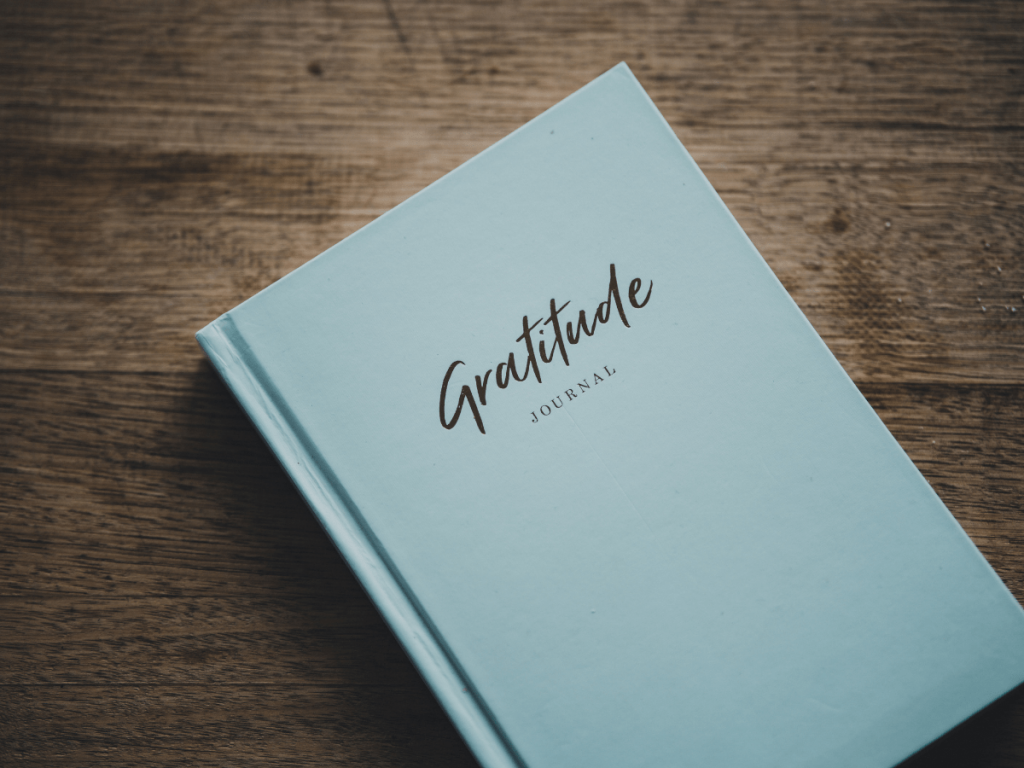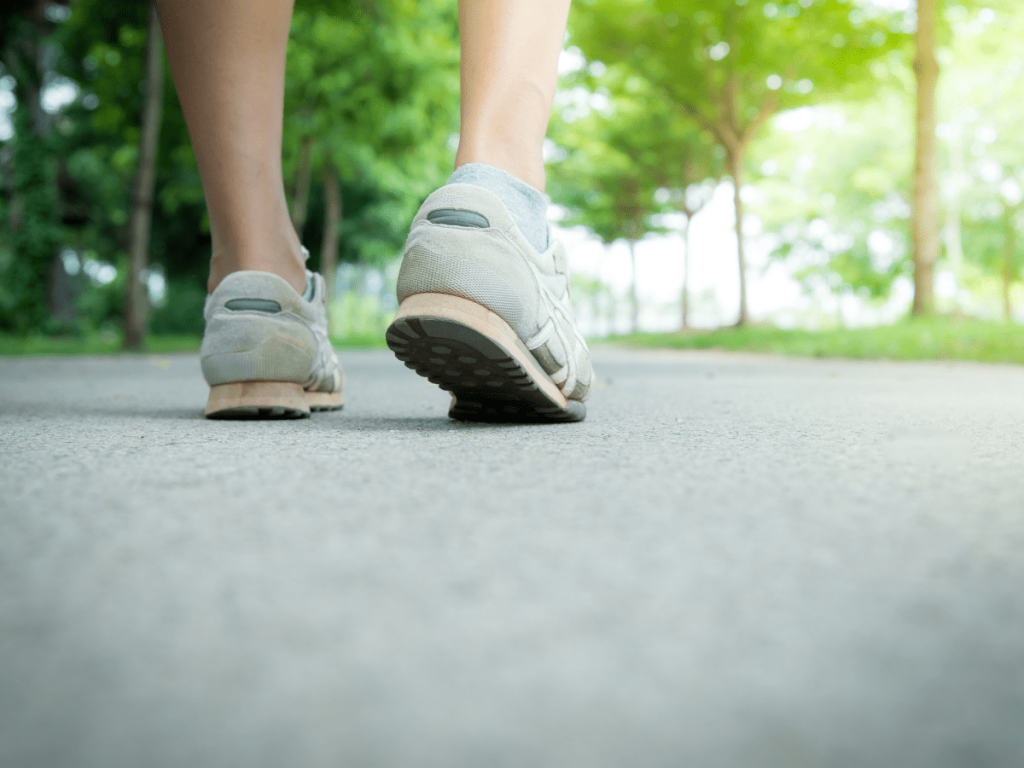For many of us, what made the first lockdown this year bearable were the blue skies and hot weather. However, the new lockdown, announced last week, paired with the looming dark and dreary weather of an Irish winter, presents a new challenge. How do we protect our mental health during the coming months?
As a community, it is time for us to come together, even whilst apart to support each other at these difficult times. We want to support all of our community members by giving you some tips to help you protect your mental health over the coming month, plus provide resources to those of you who are struggling.
Dealing with change

It’s important to remember in times like these, that there is no normal response to the ever-changing environment we find ourselves in. With uncertainty around how long lockdowns will last, or how many of them we can expect over the coming months, remember that any response you feel is entirely normal.
Stress and anxiety are normal responses to uncertain times, so be aware of your triggers and responses.
Recognising that the process of going ‘back to normal’ will rise and fall like a wave is a good step, and will help you to cope during this time.
Practising positivity and gratitude

It may sound crazy to practice gratitude during times where it feels like there is nothing to be grateful about.
But experts suggest that practising gratitude and really feeling the emotion of gratitude in the body can be a beneficial hobby during times of lockdown when we are feeling high levels of stress and anxiety. Keeping a gratitude journal can increase feelings of happiness and positivity. The format of the journal is not important – the most important thing is to record the good things that happen each day.
Dr Andreas Michaelides, Chief Psychology Officer at Noom, suggests that you can incorporate gratitude in your life by listing three things you are grateful for each day before you go to sleep.
Reminding yourself what you have, rather than what you don’t, will raise your spirits, increase your positivity and create a general feeling of gratitude for the little things you have during this difficult time.
Stay active

Yes, it’s getting darker, wetter, and colder out there so going outside may not feel like it will spark a sense of joy. But getting outside and embracing nature can have huge benefits in terms of cognitive function, attention, emotional wellbeing, and, of course, physical wellbeing.
Regular exercise can have a profoundly positive impact on depression, and anxiety. It also relieves stress, improves memory, helps you sleep better, and boosts your overall mood.
And the best news is, you don’t have to be a fitness fanatic to see the benefits. Research suggests that small amounts of exercise each day can have a lasting positive impact on your mental health.
Be mindful of your news intake

It’s easy to slip into the habit of checking the news every hour for updates on lockdown statuses, infection rates, and mortality rates. But this can lead to a huge spike in anxiety and feelings of nervousness which can impact your mood and you sleep. Try to keep your intake of news on the pandemic to one update a day and then take a step back and get on with the rest of your day.
Create positive plans

The pandemic may have scuppered holiday plans and our ability to make long-term plans, but you can still make plans around the lockdowns. Work towards a positive plan for this winter. Think of this winter as a time for reflection, rest, and relaxation, and look forward to a spring where your batteries are totally recharged. Don’t dwell on gloomy thoughts and what-ifs. This is the perfect time to learn a new skill, catch up on reading, or focus on your health. Don’t forget that the Live Work Grow community programmes is designed to help you do any of these things, so check-in and see what you can take part in as a community member.
Stay in contact

We might all be physically apart, but with technology, there is no reason to be completely alone. Make plans to have regular chats with friends and family over the phone or through video, like Facetime, WhatsApp, Skype or Zoom.
Remember, as part of the Live Work Grow community, you have an entire neighbourhood to talk to so if you are feeling lonely, join one of our clubs or sign up to some of our online activities.
Punctuate your day

When the world starts to feel a bit too like Groundhog Day, make sure to include punctuation throughout your day. Don’t let working from home bleed into your evening relaxation time.
Try going for a walk or a run before or after your working day, get on the phone to friends or families, or take small breaks throughout the day. And when the working day is over, don’t be tempted to dive back into emails, remember to enjoy your personal life as well.
Make the mundane special

Create a routine with some excitement in it. Maybe you and your partner or housemates decide to have a fancy dinner once a week where you all dress up as if you were at an expensive restaurant. Maybe you could organise a special date night once a week or a girl’s movie night.
You are not alone

Remember, that while we are forced to social distance and become more isolated physically, you are not alone.
If you are struggling, please speak to someone, whether it is a friend, colleague, family member, community member, or medical professional.
If you are experiencing feelings of anxiety and depression, we have compiled a list of organisations who can help you.
Samaritans Ireland
Website: www.samaritans.org/samaritans-ireland/
Call: 116 123
Email: jo@samaritans.org (24 hour response time)
Or download the Samaritans app to keep track of how you’re feeling, and get recommendations for things you can do to help yourself cope, feel better, and stay safe in a crisis.
Women’s Aid
Website: www.womensaid.ie
Call: 1800 341 900
Text service for deaf/ hear of hearing women: 087 959 7980
Pieta House
Website: www.pieta.ie
Call: 1800 247 247
Text ‘HELP’ to 51444
Turn2Me
Website: www.turn2me.ie
Text: 50808
MyMind
Website: www.mymind.ie
Call: +353 76 680 1060
Email: hq@mymind.org
